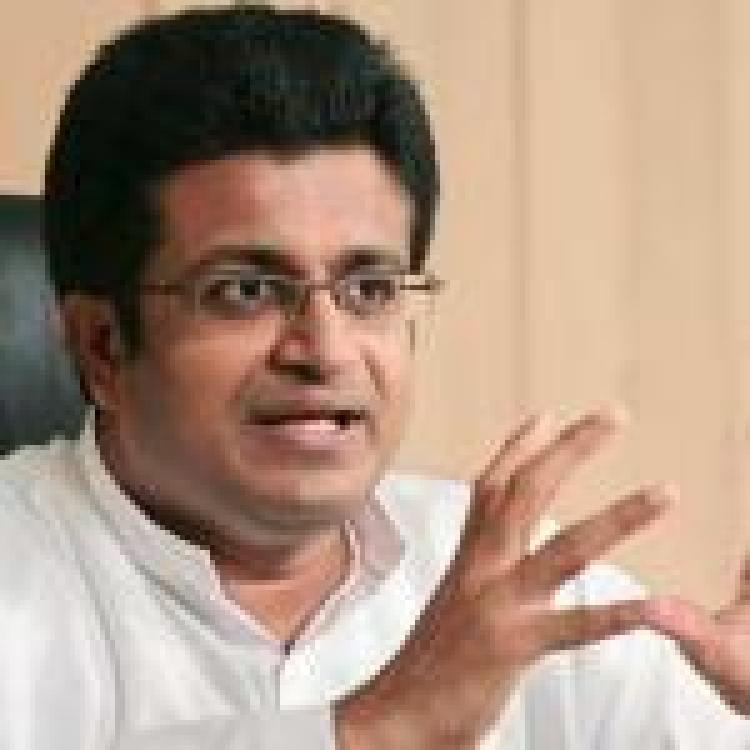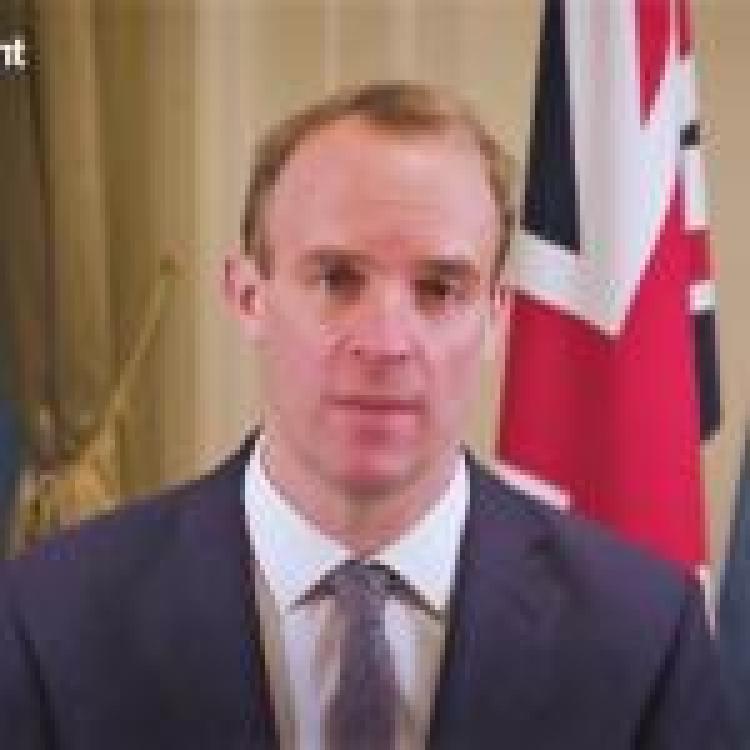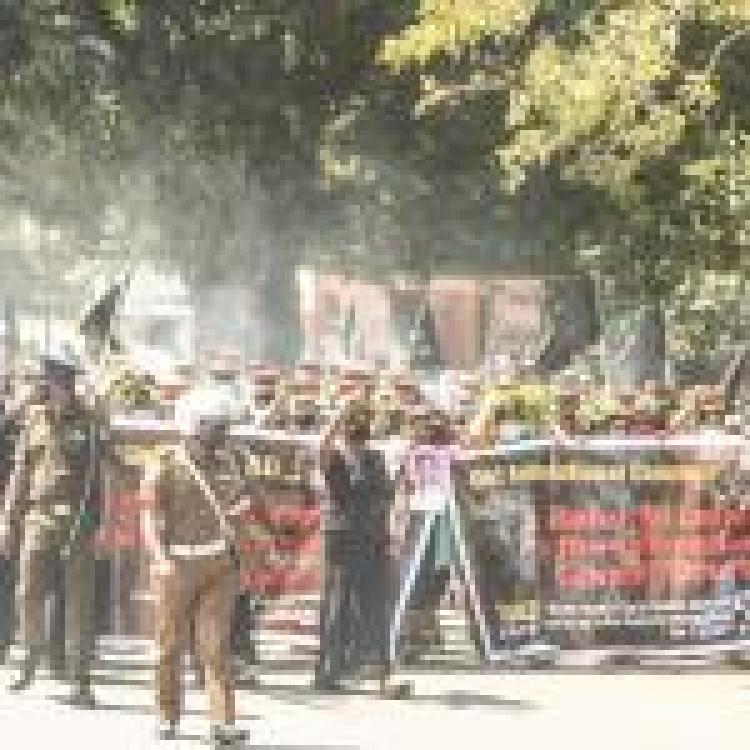Addressing the UN Human Rights Council virtually on Tuesday, Sri Lanka’s Foreign Minister, Dinesh Gunawardena, called for a rejection of the UN resolution claiming it was “unsubstantiated”, politically motivated, and brought about by “hegemonic forces” colluding against Sri Lanka.
The Hindu reports that Sri Lanka has lobbied 18 member states to reject the resolution, with Foreign Secretary Jayanath Colombage having issued a special written request to Prime Minister Narendra Modi seeking India’s support.
Attacks on the UN resolution
In his statement, Gunawardena attacked the proposed resolution which calls on the Office of the High Commissioner for Human Rights to “enhance its monitoring and reporting on the human rights situation in Sri Lanka” as well as “to consolidate, analyse and preserve” evidence that could be used in future war crimes trials.
He further supported President Gotabaya Rajapaksa’s withdrawal from the previously co-sponsored UN Resolution 30/1 alleging it was against Sri Lanka, “not in conformity with the Constitution of Sri Lanka” and “led to the compromising of national security” which enabled the Easter Sunday attacks and “caused the deaths of hundreds”.
He further claimed that whilst they rejected the resolution they were still working with the UN and had reported on the progress they made including “continuity of the existing mechanisms, the appointment of a special commission of inquiry headed by a Supreme Court Judge, achieving the SDGs, progress made in returning lands, demining and creating new avenues of livelihoods”.
This comes in a context of continued military occupation of land and a deteriorating of human rights conditions in Sri Lanka which have led the UN High Commissioner to warn that inaction on Sri Lanka will lead to future violations. Former senior UN officials also warned condemned the situation in Sri Lanka noting the appointment of a Presidential Commission of Inquiry into “Political Victimisation” which has called not only for the pardoning of those implicated in high-profile human rights cases but for these individuals to be compensated and action to be taken against those filing complaints.
Read more here: Sowing the seeds of conflict - Former UN officials and international experts call for immediate action to end Sri Lanka’s cycle of violence
Attacks on UN reporting
Gunawardena further attacked reporting by the OHCHR claiming it was an “unprecedented propaganda campaign” and “unjustifiably broadened its scope and mandate further”. His condemnation of the report was furthered by calls for member states to not go “by hearsay, unilateral action or one angled doubtful sources”.
He further decried calls for prosecuting Sri Lankan soldiers accused of war crimes claiming that UN members were acting out of duplicity and hypocrisy stating:
This comes “at a time when legislation is enacted by some countries to protect their soldiers from prosecution in military operations carried out overseas, only points to duplicity and the hypocritical nature of their motives. This cannot but result in a significant loss of morale among countries engaged in the struggle against terrorism”.
Read more here: Sri Lanka’s frenzied response to UN report
Read Gunawardena’s full statement here.




